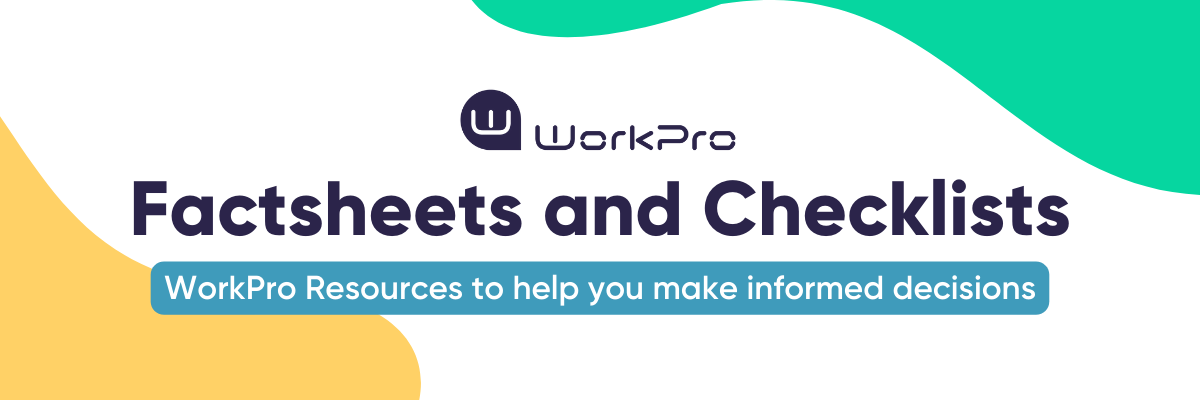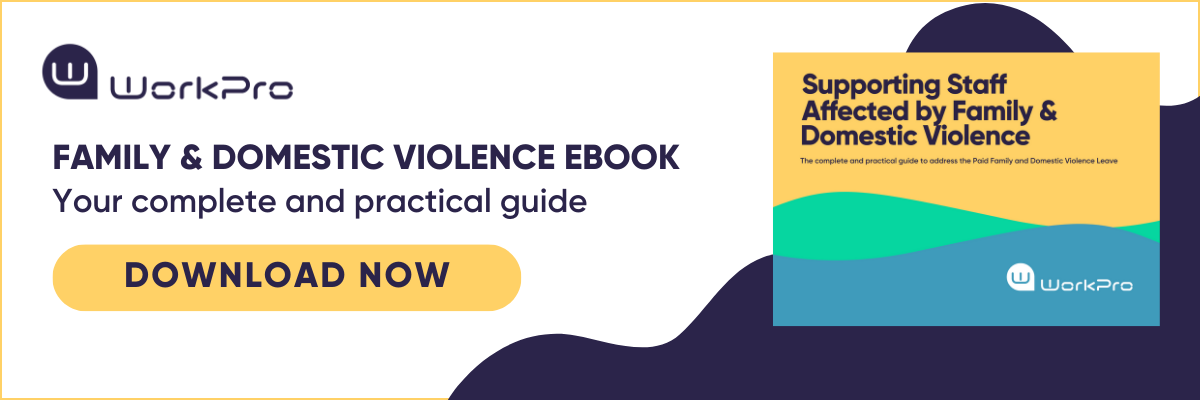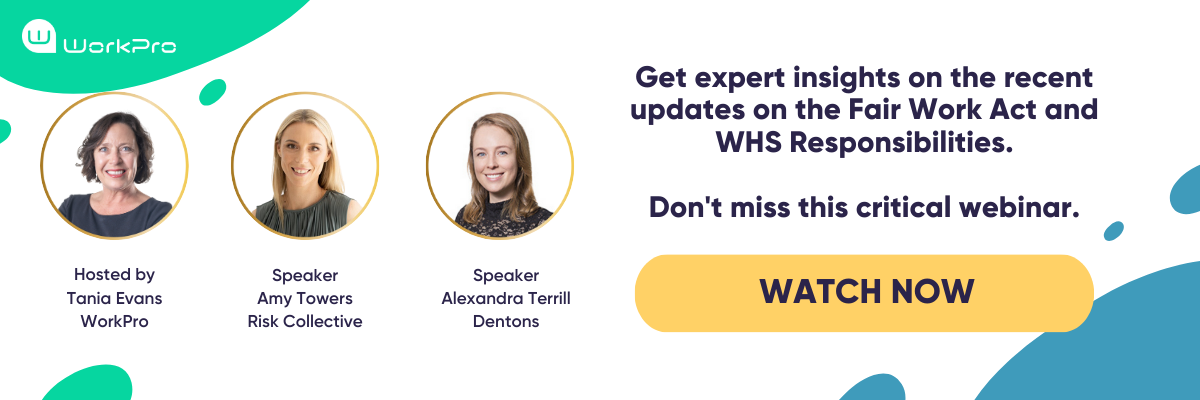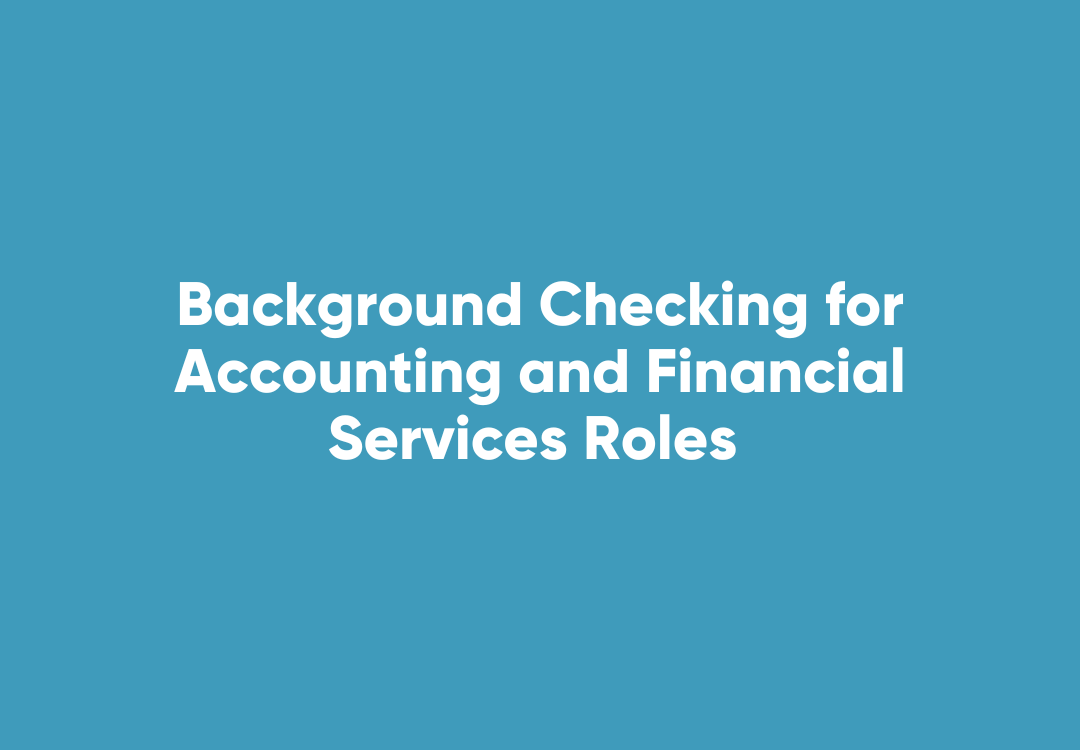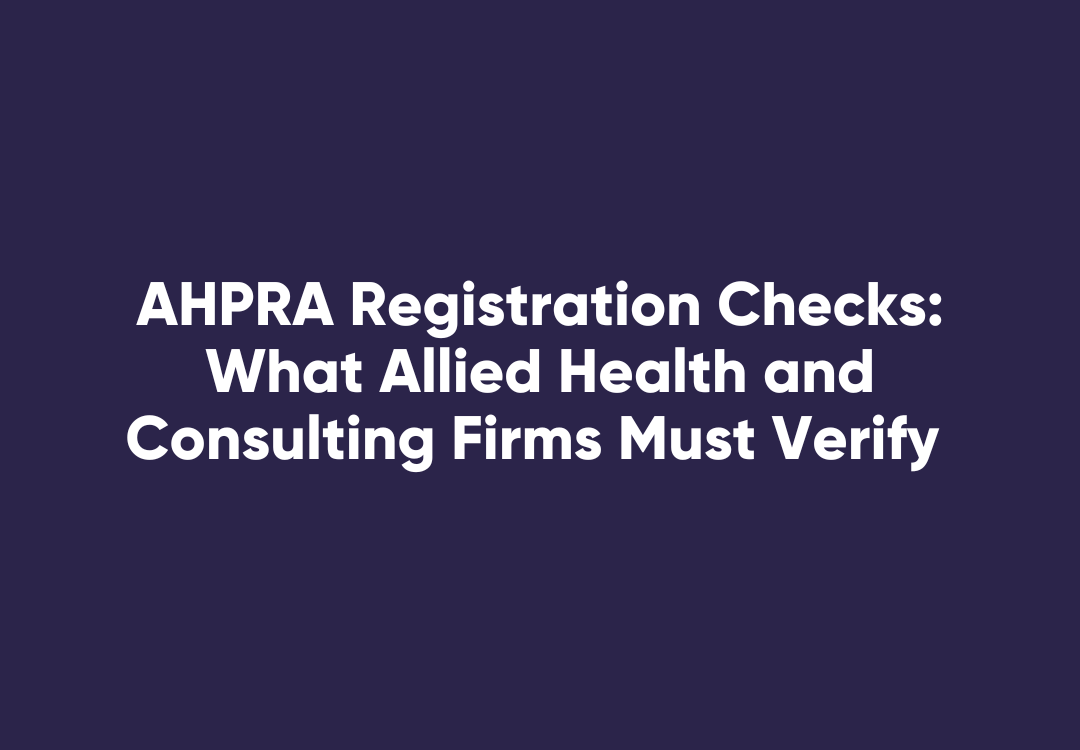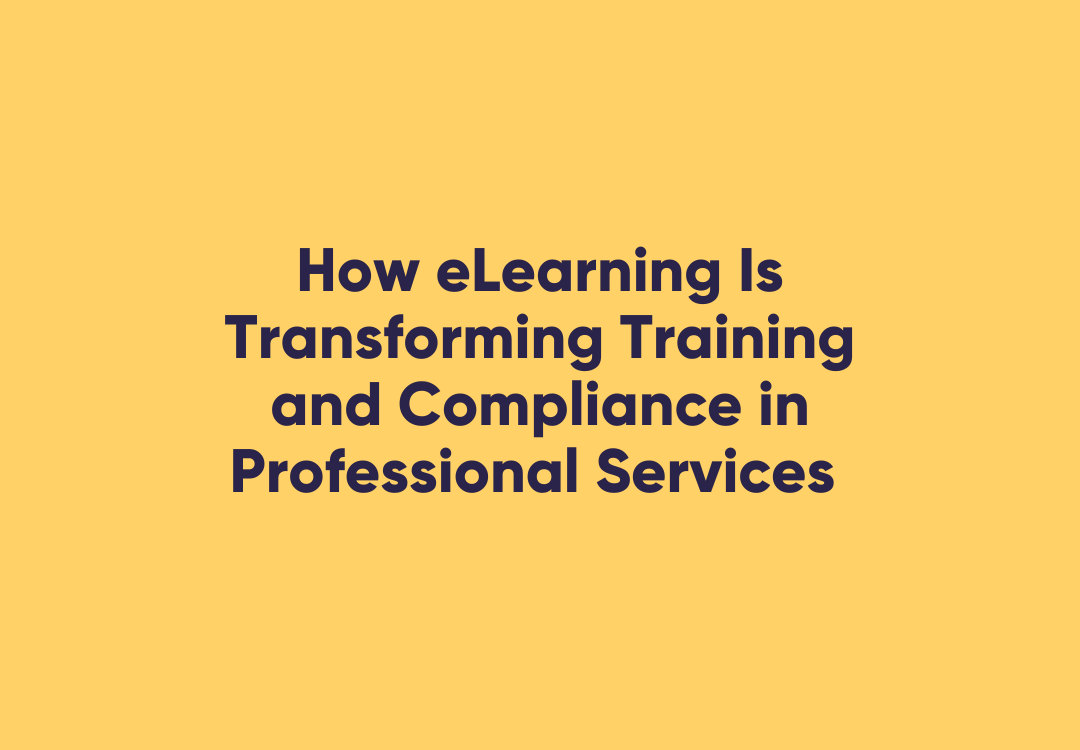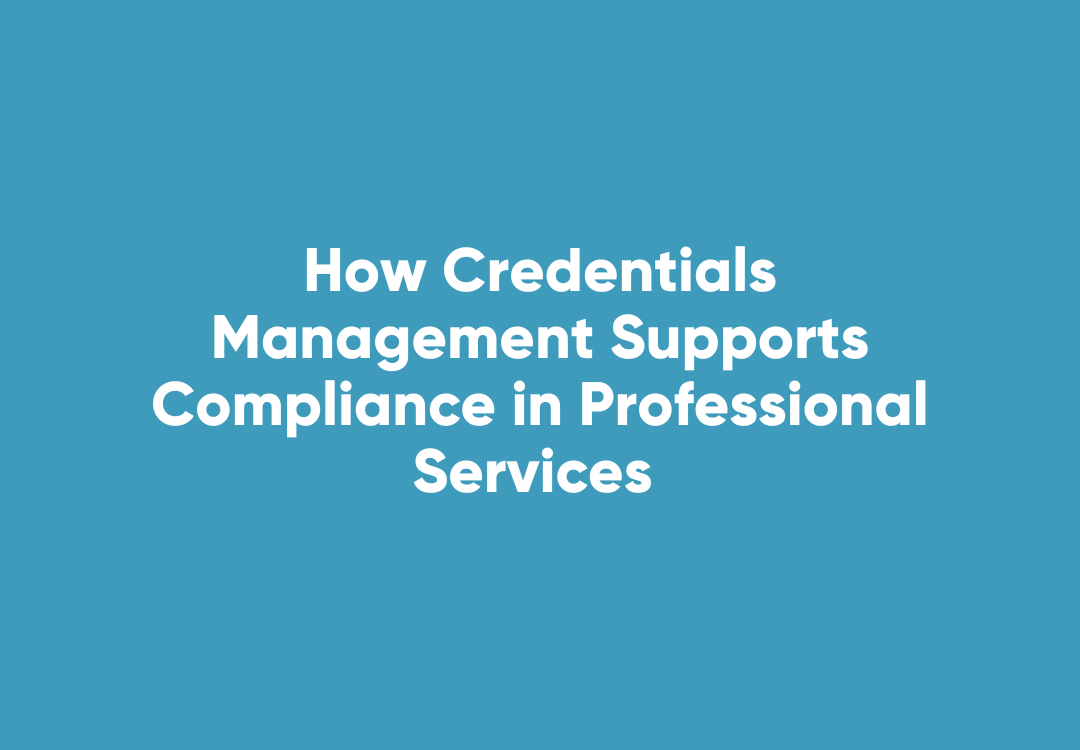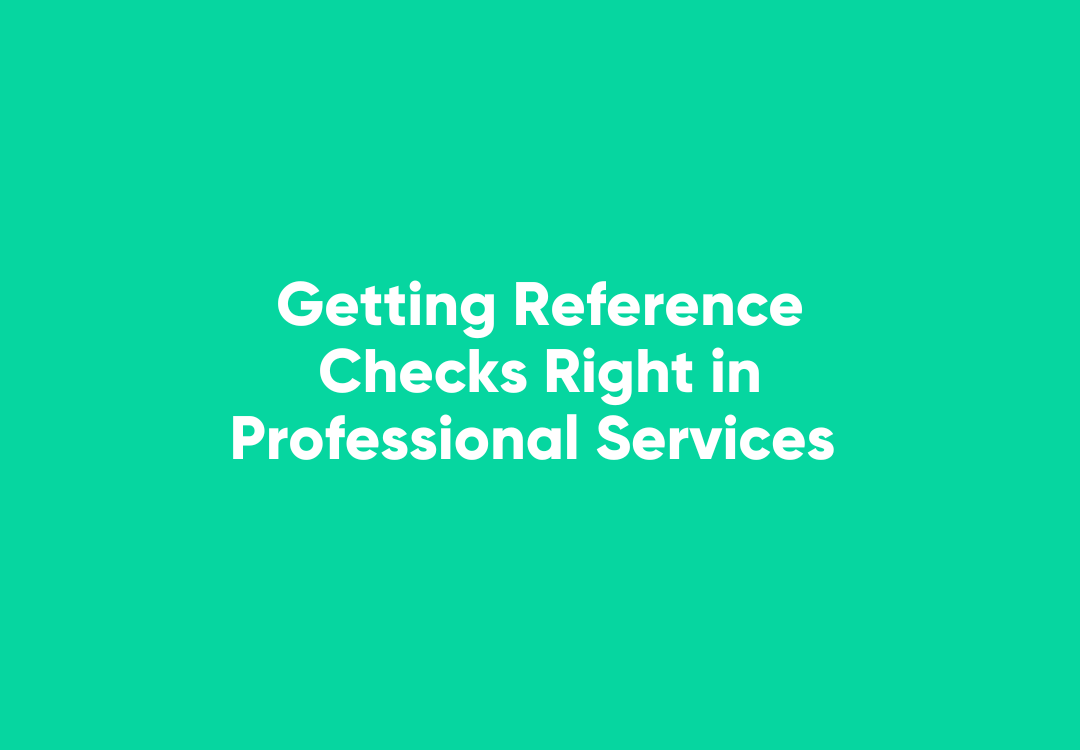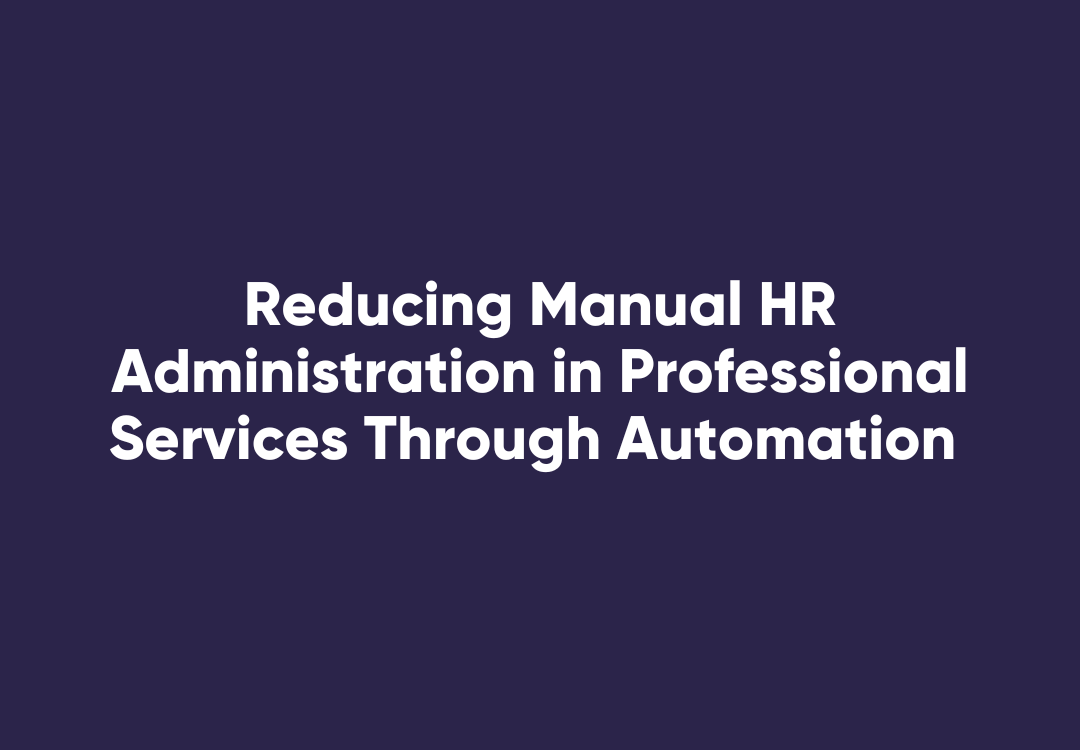Closing Loopholes Legislation: Impacts and Opportunities
Australia's employment sector is on the cusp of pivotal change, prompted by the enactment of the "Closing Loopholes" legislation. This transformation aims to enhance worker protection while ensuring fair and equitable employment practices. Let’s dive deeper into these legislative changes, and their implications for employees and employers.
Essential Updates from the "Closing Loopholes" Legislation
The legislation introduces several critical updates to workplace regulations, aimed at reinforcing employee rights and ensuring fair treatment for everyone:
- Right to Disconnect: Legislation has been passed that may give employees the ‘right to disconnect’ (in certain circumstances and unless the refusal is unreasonable), to ensure personal time remains undisturbed. Grievances regarding violations can be taken to the Fair Work Commission. This change is likely to come into effect in August 2024. A useful article is
linked here.
- Gig Economy Protections:
The Fair Work Commission will be empowered to set minimum standards for ‘employee-like’ workers who perform work through a digital labour platform. Eligible parties will be able to apply to the Fair Work Commission for minimum standards orders that are tailored for the work performed under them. The Fair Work Commission will have discretion to consider a range of terms that may be included in an order, such as payment terms, working time, record-keeping and insurance.
- Casual Conversion:
Casual employees who work a regular pattern of hours’ have a clearer pathway to securing a permanent (full or part-time) role. In some circumstances, an employer must make a firm offer to a casual employee, and in other cases, a worker can make a request.
A great summary is published by the FWC.
- Intractable Bargaining Resolution:
In cases where bargaining negotiations stall, the Fair Work Commission can step in to arbitrate, ensuring that unions and employees can achieve fair wage increases even without direct agreements with employers.
- Road Transport Industry Standards: The Commission is able to set binding road transport minimum standards orders and non-binding road transport minimum standards guidelines for the road transport industry. Orders must be expressed to cover specified road transport businesses and contractors. A person covered by an order is obliged to comply with it. The proposed scope of matters that may be covered in an order or guideline includes terms dealing with payment terms, deductions, working time, record-keeping, insurance, consultation, representation, delegates' rights and/or cost recovery.
- Union Access and Fair Investigation: Amendments have been made to facilitate union officials' entry into workplaces for investigating issues such as wage underpayment, with measures in place to ensure that advance notice requirements do not impede effective investigations.
Planned Privacy Amendments: In September 2023, the Australian Government published its response to the Attorney-General’s Privacy Act Review Report. The Government has “agreed” with 38 of the 116 proposals to reform Australia’s privacy laws and “agreed in-principle” to 68 proposals. The “agreed” proposals include strengthening security and data destruction obligations, expanding the courts’ enforcement powers, and introducing new mid-tier and low-level civil penalty provisions. The Government is committed to introducing legislative amendments in 2024.
A summary of the document can be found here.
How WorkPro Supports You
WorkPro is dedicated to empowering employers and HR professionals with the tools and knowledge to respond to legislative changes with resources relating to compliance:
- Free Resources: WorkPro offers a suite of complimentary resources designed to streamline your understanding and implementation compliance process and system to support your operations.
- eBooks: Our comprehensive eBooks, particularly the one about Family and Domestic Violence provides in-depth insights into specific aspects of the legislation, supporting your efforts to foster a safe and compliant workplace. Download this free resource now:
Webinars: For a more interactive learning experience, join our webinars, such as the Fair Work and WHS session which offers expert guidance and the opportunity to address your questions about legislative changes and fair work topics. Watch the webinar now:
We are constantly updating valuable WorkPro's resources at your disposal so you can navigate new legislative changes with ebooks, factsheets and checklists so you can make informed decision for your organisation.


